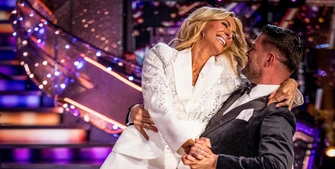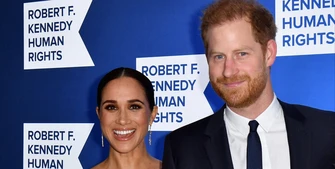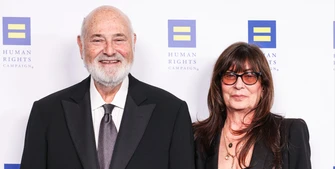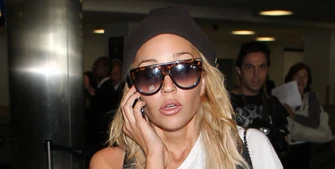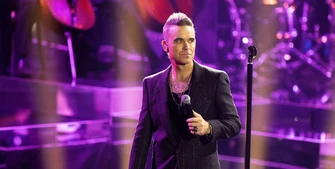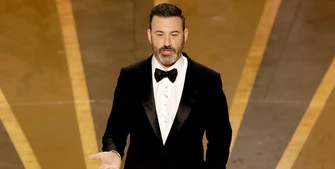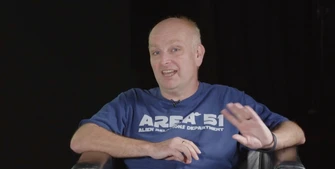Prince Harry’s bullying agony: ‘I had my nose broken a couple of times!’
Prince Harry has spoken about how he was bullied so badly at school he had his nose broken a “couple of times” during rugby matches at school.
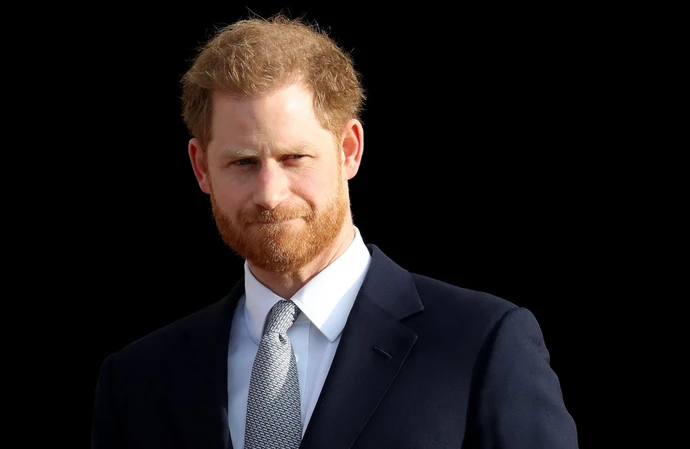
Prince Harry had his nose broken “a couple of times” playing rugby at school while being bullied.
The Duke of Sussex, 38, opened up about his trauma at Eton as part of his 90-minute livestreamed interview on Saturday (04.03.23) with so-called “toxic trauma” expert Dr Gabor Maté, 79, while also opening up about being hurt by his family’s alleged intimacy issues.
When Dr Maté described the prince as being “dangerous” on the rugby pitch as he wasn’t “afraid” of pain during their £19-per-ticket chat, Harry revealed: “I was a good candidate for the rugby team... I got picked on quite a lot, pushed into rugby posts and had my nose broken a couple of times.”
The royal also said he struggled to find his “authentic self” growing up, saying: “I felt slightly different to the rest of my family. I felt strange being in this container, and I know that my mum felt the same so it makes sense to me.”
He added he felt it was vital parents didn’t argue in front of their children, but said he can only “assume” he witnessed his dad King Charles and late mum Princess Diana embroiled in rows when he was a child.
Harry said: “Do not have those disagreements, arguments, whatever it is… luckily my wife and I don't have those.
“The idea of having those in front of the kids? I assume that my parents probably had a lot of those (rows) in front of me, maybe that's where it comes from... that's not a good idea.”
Dr Maté diagnosed Harry with ADD during the chat, in which the duke added he “smothers” the two children he has with his 41-year-old wife Meghan – Archie, three, and 20-month-old Lilibet – to ensure they didn’t suffer his “traumas” when they grew up.
He added about initially finding it hard to find comfort in therapy after his mum’s 1997 car crash death: “I thought that if I went to therapy it would kill me and that I would lose whatever I had left, whatever I managed to hold onto of my mother and it turns out that wasn't the case. I didn't lose that it was the opposite.
“I turned what I thought was supposed to be sadness to try and prove to her that I missed her into realising she just really wanted me to be happy, and that was a huge weight off my chest.'


